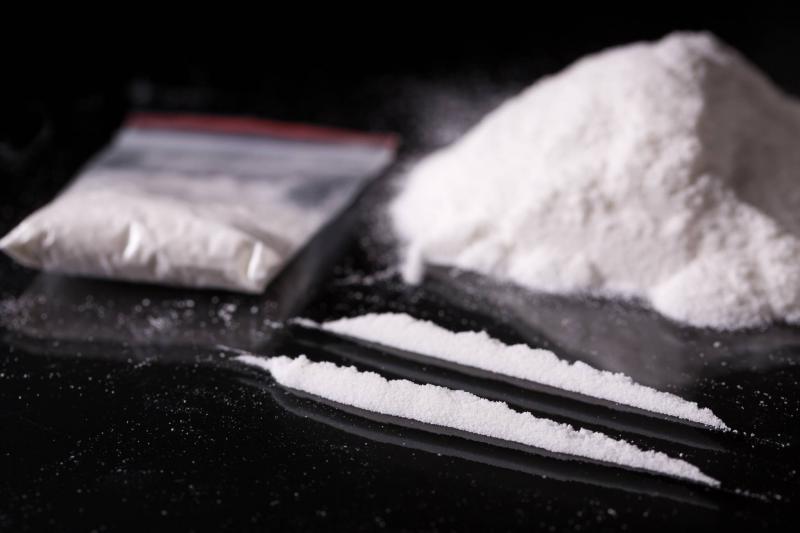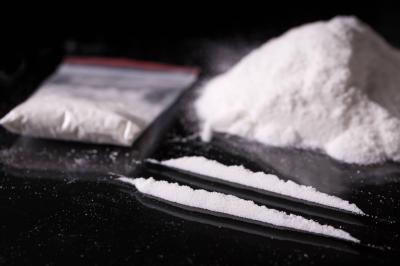Scientists in Brazil have announced the development of a new vaccine against cocaine addiction and its potent derivatives. The experimental vaccine, named "Calixcoca," which has shown promising results in animal trials, triggers an immune response that prevents cocaine from reaching the brain, with the hope of aiding in addiction treatment. Psychologist Federico Garcia, the coordinator of the team that developed the treatment at the Federal University of Minas Gerais, stated that if the treatment receives regulatory approval, it will be the first time cocaine addiction is treated with a vaccine.
Last week, the project won the grand prize of 500,000 euros (530,000 dollars) at the European Health Innovation Awards for Latin American Medicine, sponsored by the pharmaceutical company Eurofarma. The vaccine works by stimulating patients' immune systems to produce antibodies that bind to cocaine molecules in the bloodstream, making them too large to pass into the mesolimbic system in the brain, or "reward center," where the drug typically stimulates high levels of dopamine associated with pleasure.
Similar studies have been conducted in the United States, the world's largest consumer of cocaine, according to the United Nations Office on Drugs and Crime. However, they were halted when clinical trials did not yield sufficient results, among other reasons, according to Garcia. So far, Calixcoca has proven effective in animal trials, producing high levels of antibodies against cocaine with minimal side effects. Researchers also found that it protects mouse embryos from cocaine, suggesting it could be used in humans to protect unborn children from addicted mothers.
The vaccine is now set to enter the final phase of trials: testing on humans. Garcia says, "There is no registered specific treatment for cocaine addiction. We currently use a combination of psychological counseling, social support, and rehabilitation when necessary." He believes Calixcoca could provide an important tool in this system, helping patients during critical recovery stages, such as when they leave rehabilitation centers.
The vaccine is made from chemically designed compounds in the laboratory, rather than biological components, which means its production will be less costly than many vaccines and will not require storage at cold temperatures. Garcia adds that it will not be a "magic cure" that can be given to anyone.




